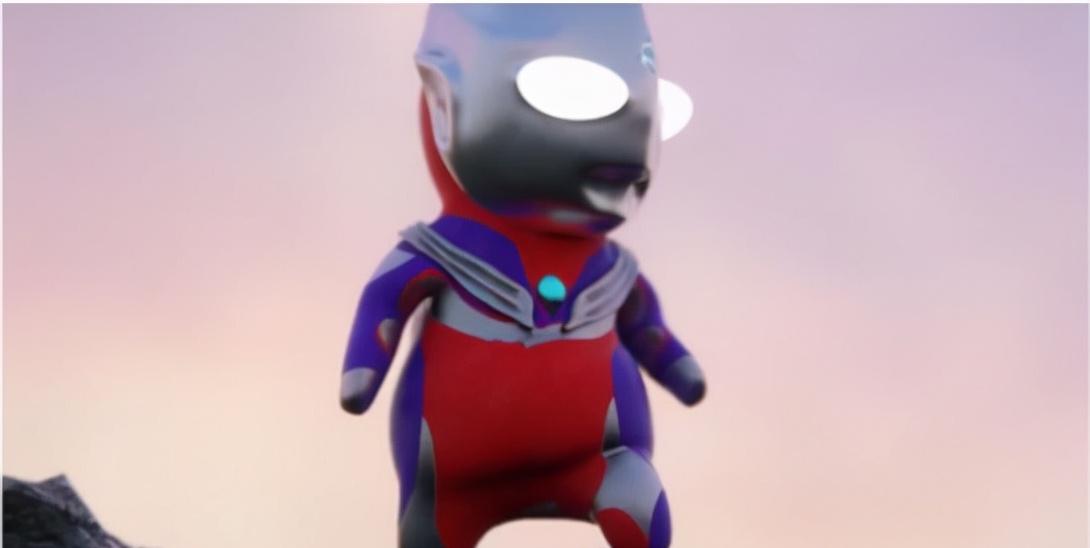When the child is about 2 years old
It has a certain ability to imitate
By the age of 3 they no longer like to imitate
Instead, it's about using substitutions and playing roles
to imitate what is seen and heard
And Ultraman as a superhero in the child's heart
Naturally, children's imitation is indispensable
"I'm Ultraman, I want to protect the earth, laser launch - nourishing"
I thought I was very happy at that time

For kids
Playing as much as you want is the most important thing
Many parents see their children "believe in the light"
Becoming Ultraman will feel childish
At the same time, the child's role play will be characterized as
"Childish games are just casual play, which is of little help to children"
In fact, role-playing games are children through imagination
Creatively imitate real-life activities
Role-playing games have extraordinary significance for a child's development
Its fictionality, symbolism, and pleasure are very much in line with the characteristics of children's thinking
The biggest charm of role-playing games is it
It can fully satisfy children's curiosity
Motivate children to continue to create and explore
Children can be raised in games
Empathy and the ability to empathize
When several children play "over the house" together
They usually decide for themselves what role each person plays
When playing mom
They will learn more about how moms care about themselves in their daily lives
At the same time, I will also understand my mother's hard work
The development of creativity and imagination
Children are experiencing different situations
You will also gain different experiences
There will also be a lot of knowledge gained
thereby
The more children learn about the world
Imagination will also be richer
Improve your child's social and language skills
When the child has played with the family
Will spend a lot of time talking to people
Will think
This invisibly increases vocabulary
Improved language organization skills and communication skills
Different age groups
Mom and Dad are playing games with their children
The method will also be a little bit different
0-2 years old
At this time, the child has no way to complete a "script" by himself
It is still in the embryonic stage of "role playing"
It is more of imitating the life behavior of parents
For example, imitate parents drinking water, eating, sleeping, etc
At this age, parents only need to "interact" with their children more
For example, when it is found that the child is imitating
You can give them more responses
2-3 years old
At this time, children will need some "props" to match the performance
For example, bathing ducks and changing barbie dolls
Or use kitchen toys to pretend to cook
Others will be curious about mom and dad's stuff
Such as secretly applying lipstick, secretly using a razor, etc
3-4 years old
Children at this age already have a certain foundation of language proficiency
Mom and Dad can take their children to play according to the plot and scene setting
And have as many conversations as possible
For example, let the child be a cashier
Mom and Dad are customers
You can take everything in your home and "sell" it.
This game can exercise the child's computing ability very well
4-6 years old
Children at this age have entered a "sensitive period of identification"
They have more ideas about role-playing games
And may be particularly obsessed with playing a certain role
At this time, parents should try to cooperate with the child as much as possible
Teach your children the lead
Don't think your child is childish
And don't deny your child's ideas
What the child wants to play with is finished
Kids through role-playing games in a way
A lot of experience and knowledge will be gained
In addition, the time for parents to spend with their children is already very small
You can play to make yourself and your children more intimate
And you can also learn more about your child's thoughts
Pony Run Early Education Center makes children happy and meaningfully happy!